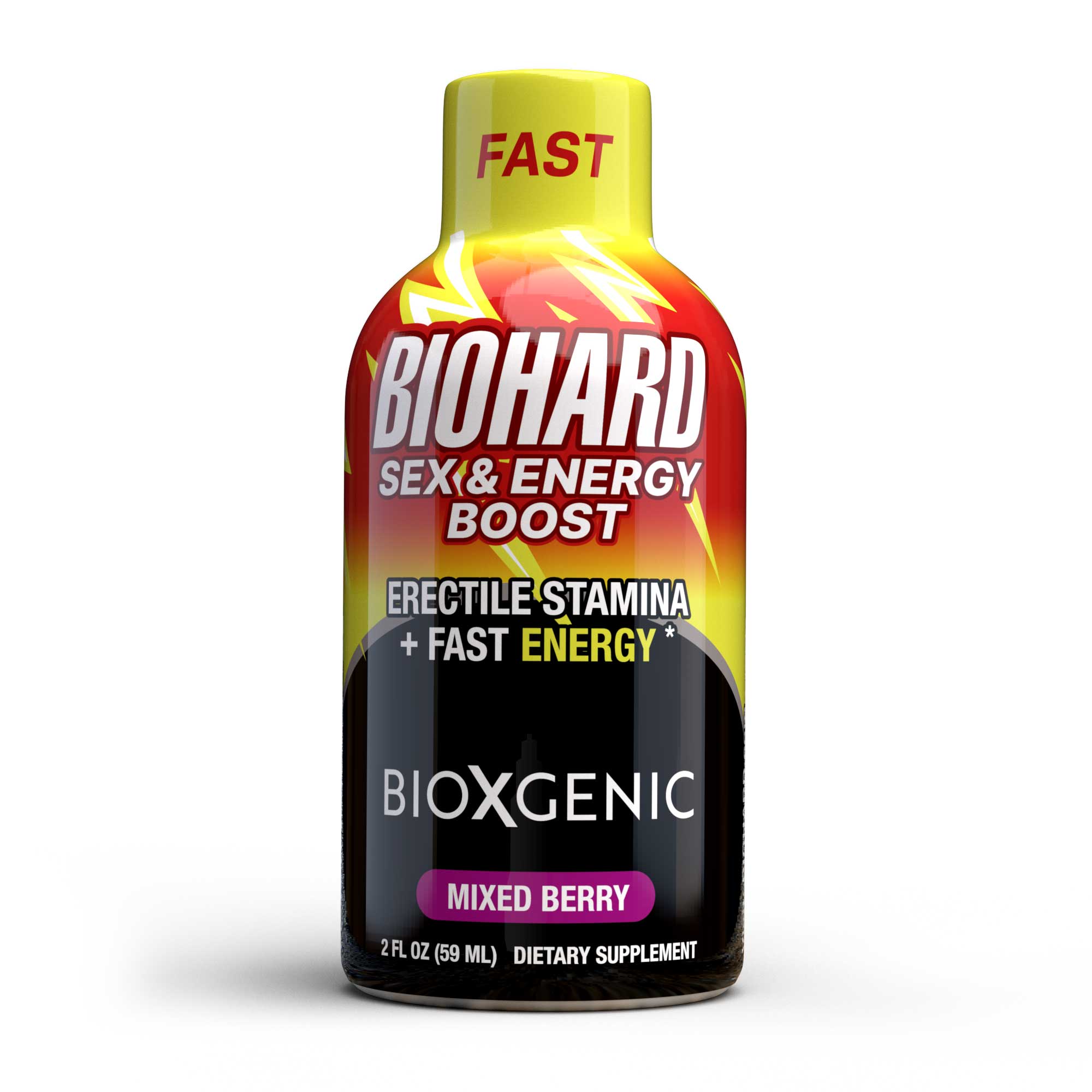Understanding Testosterone: The Key Hormone for Men’s Health
Testosterone is a vital hormone primarily produced in the testes for men and in smaller amounts in the ovaries for women. It's essential for developing male physical characteristics and overall health.
This androgen hormone promotes the development of secondary sexual traits, such as increased muscle and bone mass and body hair growth. Testosterone is crucial for reproductive functions, including sperm production and libido.
Functions of Testosterone
Testosterone plays a significant role in physical development by aiding in muscle mass and strength increase through protein synthesis promotion. It also contributes to bone growth and density, thus reducing the risk of osteoporosis.
For sexual health, testosterone affects sex drive and performance and is vital for sperm production. Mental health is another area where testosterone has an impact, influencing mood, energy levels, and cognitive functions such as memory.
-
Physical Development
- Muscle Mass and Strength: Testosterone helps increase muscle mass and strength by promoting the synthesis of protein.
- Bone Density: It contributes to bone growth and density, reducing the risk of osteoporosis.
-
Sexual Health
- Libido: Testosterone significantly affects sex drive and sexual performance.
- Sperm Production: It is vital for the production of sperm in the testes.
-
Mental Health
- Mood Regulation: Testosterone influences mood and can affect feelings of well-being and energy levels.
- Cognitive Function: Higher levels of testosterone are linked to improved cognitive function and memory.

Factors Affecting Testosterone Levels
Several factors can influence testosterone levels in the body.
Age is a primary factor, with levels naturally declining from around the age of 30. Lifestyle choices, such as diet, exercise, stress levels, and sleep patterns, also play a crucial role. Health conditions like obesity, diabetes, and hormonal disorders can further reduce testosterone levels.
- Age: Testosterone levels naturally decline with age, typically starting around the age of 30.
- Lifestyle: Diet, exercise, stress, and sleep all impact testosterone production.
- Health Conditions: Conditions like obesity, diabetes, and hormonal disorders can lower testosterone levels.
You Need to Know: Symptoms of Low Testosterone
- Decreased libido and sexual performance
- Fatigue and reduced energy levels
- Loss of muscle mass and increased body fat
- Mood swings and depression
Maintaining healthy testosterone levels is essential for overall well-being, and there are natural ways to boost these levels.

Boosting Testosterone Naturally
- Exercise Regularly: Engage in strength training and high-intensity interval training (HIIT).
- Healthy Diet: Eat a balanced diet rich in protein, healthy fats, and carbohydrates.
- Adequate Sleep: Ensure 7-8 hours of quality sleep per night.
- Stress Management: Practice stress-reducing techniques like meditation and yoga.
Regular exercise, particularly strength training and high-intensity interval training (HIIT), can help. A balanced diet rich in protein, healthy fats, and carbohydrates is also beneficial. Ensuring 7-8 hours of quality sleep per night and practicing stress-reducing techniques like meditation and yoga can support healthy testosterone levels.
BioXgenic Can Help
BioXgenic offers products designed to support and enhance testosterone levels naturally.
Products like High Test and 12 Hour X-Treme contain natural ingredients like Tongkat Ali and Panax Ginseng, which have been shown to boost testosterone levels, improve energy, and enhance overall well-being.

Understanding testosterone and its vital role in men’s health is crucial for maintaining overall well-being. By adopting a healthy lifestyle and considering natural supplements, you can support your testosterone levels and enjoy a more vibrant, energetic life.
